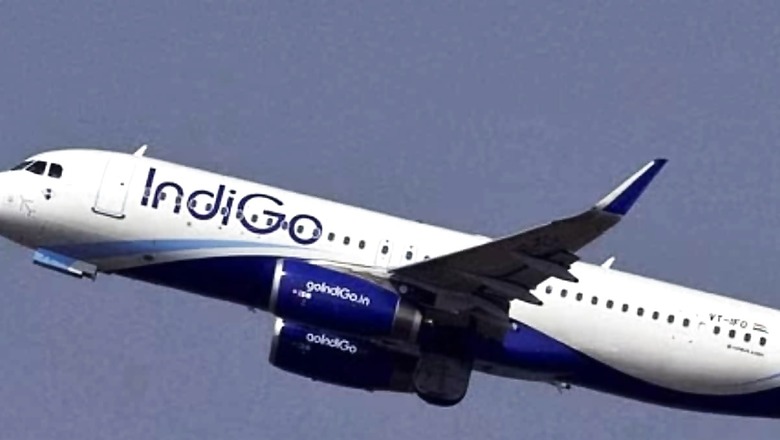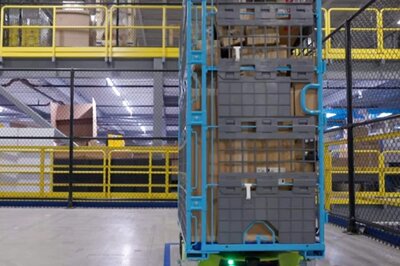
views
In a strategic move, domestic aviation leader IndiGo has just introduced a distance-based “fuel charge” on all its flights, ranging from Rs 300 to Rs 1,000, effective immediately.
The decision comes as a response to the escalating costs of aviation turbine fuel (ATF). While seeking comments from other major airlines, SpiceJet has also hinted at introducing a similar fuel charge, albeit without divulging specific details.
It’s no secret that the aviation industry is facing its fair share of challenges. The twin pressures of skyrocketing jet fuel prices and a depreciating rupee have created a tough environment for airlines, particularly when dealing with expenses that are linked to the dollar.
IndiGo, in a recent statement, shed light on their decision, saying, “We are introducing a fuel charge on our domestic and international routes, effective from October 06, 2023. This move is in response to the significant increase in ATF prices, which have surged over the past three months with consecutive monthly hikes. ATF forms a substantial part of an airline’s operating expenses, and we needed to make adjustments to address these rising costs. Under this new pricing structure, passengers booking IndiGo flights will encounter a fuel charge based on the distance of their journey.”
Indigo: The New Fuel Charges
Under this new pricing scheme, passengers will be subject to the following fuel charges: Rs 300 (taxes extra) for sectors up to 500 km in length; Rs 400 for distances between 501 and 1,000 km; Rs 550 for journeys spanning 1,001 to 1,500 km; Rs 650 for 1,501 to 2,501 km; Rs 800 for 2,501 to 3,500 km, and Rs 1,000 for sectors beyond 3,501 km.
Aviation analyst Ameya Joshi commented, “ATF prices are up 5.1% over the past month and have risen by 2.32 percent compared to October 2022. Coupled with a sliding rupee, airlines are under immense pressure. While the fuel charge will provide some relief, it may not entirely pass on the entire increase in ATF prices to passengers.”
Indian airlines have long been advocating for government support in the form of excise relief on ATF, but their pleas have thus far gone unanswered. While several states have reduced the Value Added Tax (VAT) on ATF, others, including Delhi, continue to impose high rates. Historically, Indian airlines have faced high operational costs, mainly due to the steep ATF prices, compounded by substantial state and central taxes and duties.


















Comments
0 comment